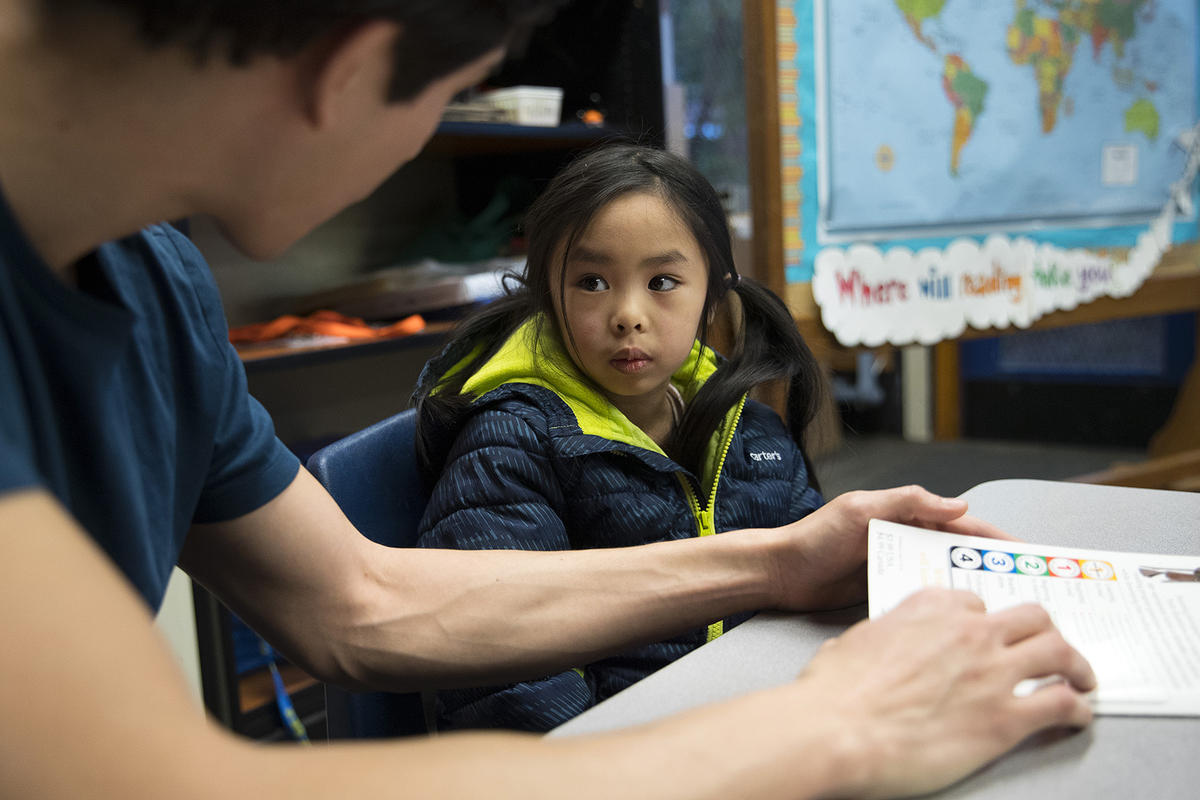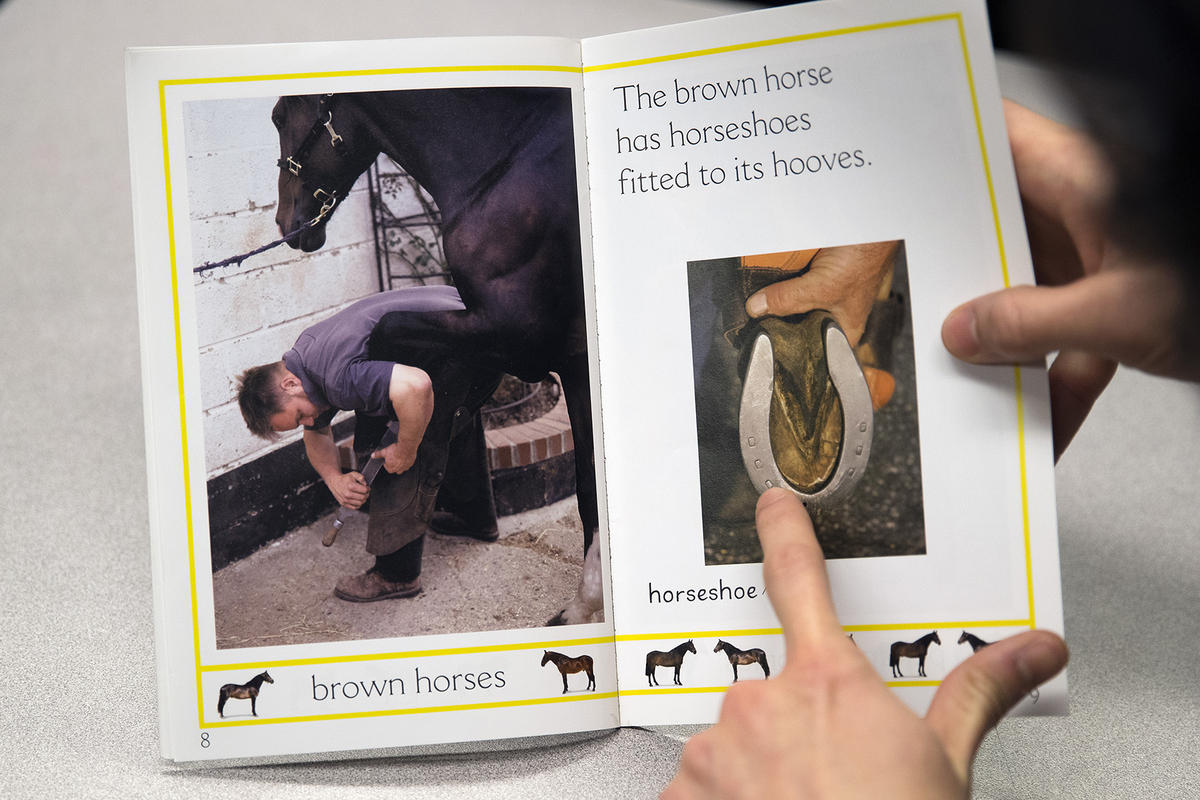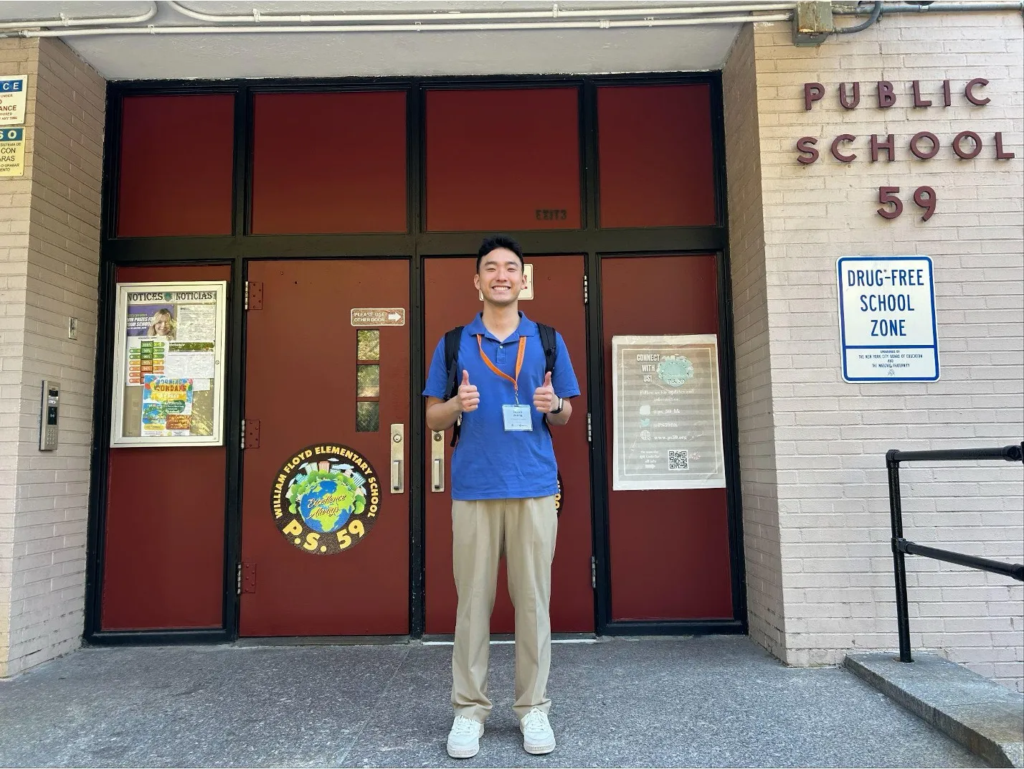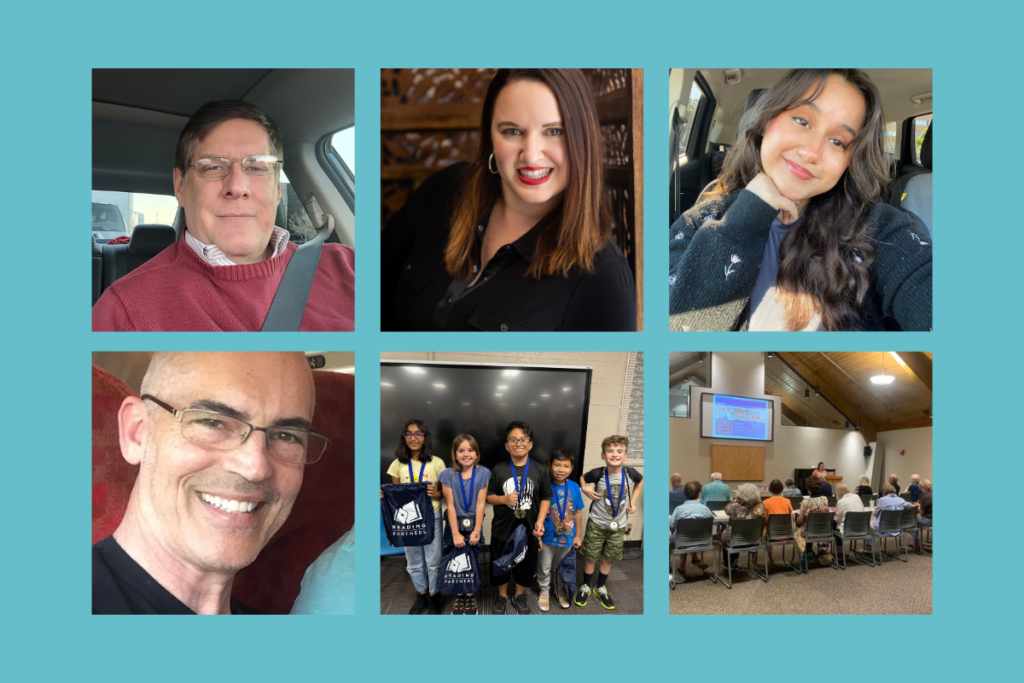
When young kids get reading right, it pays off later
March 26, 2018
Originally shared by KUOW.
Mondays and Wednesdays are exciting days for Elizabeth Riff at Sanislo Elementary School in West Seattle. That’s when the 6-year-old meets with a tutor to practice her reading skills.
The kindergartner is part of Reading Partners, a national program that’s in four low-income schools in the Seattle area.
The program relies on community volunteers to help elementary school students gain the reading skills they need for the rest of their lives.
Poor reading skills can hinder kids in many subjects, including math and science.
Research shows that when students are able to read at grade level by the time they enter fourth grade, they’re four times more likely to graduate from high school.
One of the tutors is Anthony Lee, who’s working with Elizabeth.
“What letter is that?” Lee asked her.
“Z! Zzzzz … zebra.”
“Okay, do it all by yourself.”
“O! Aww … octopus. J, juh , juh … jellyfish.”
Lee said Elizabeth’s reading skills are much better than they were at the beginning of the year.
“She’s more willing to wrestle with some things she knows don’t really sound right in her head, but eventually she usually gets it,” he said.
Sanislo Elementary is one of the most diverse schools in Washington state — it’s about 80 percent students of color.
But also, 65 percent of all the students there are on free and reduced lunch. Principal Erica Ayer said almost 20 percent of her students are homeless.
“We have a number of families that there’s an incarcerated parent, who have experienced the immigration process, and maybe are coming from a refugee situation,” Ayer said. “Some of our students have experienced things in their life that I could never even imagine experiencing.”
Ayer said it’s important that Reading Partners connects students with people from the community, who get a chance to give back.
She said a high percentage of students who participate in the program improve in their reading assessments.
Robert Slavin directs the Center for Research and Reform in Education at John Hopkins University. He says studies show that teachers are the most effective in tutoring children but literacy programs like the one at Sanislo let students connect with another trusted adult.
“You have tutors who may learn something about the lives of children in poverty or lives of children struggling in reading and the children themselves may not have met someone like this tutor.”
Slavin says it’s also a chance to people in the community to give back. For volunteer tutor Anthony Lee, it feels like he’s making an impact.
“I come here with a clear mind, know that as long as I can and I’m putting in an effort and making it about the student I’m working with and that simplicity is really powerful and appealing.”
Back in class, Elizabeth was reading aloud: “The cat is here. The parakeet, I mean, bird!, is here. The turtle is here.”
“All done!” said Lee. “Thanks for doing such a great job reading today.”
If you’re interested in volunteering with Reading Partners, here’s a link.





